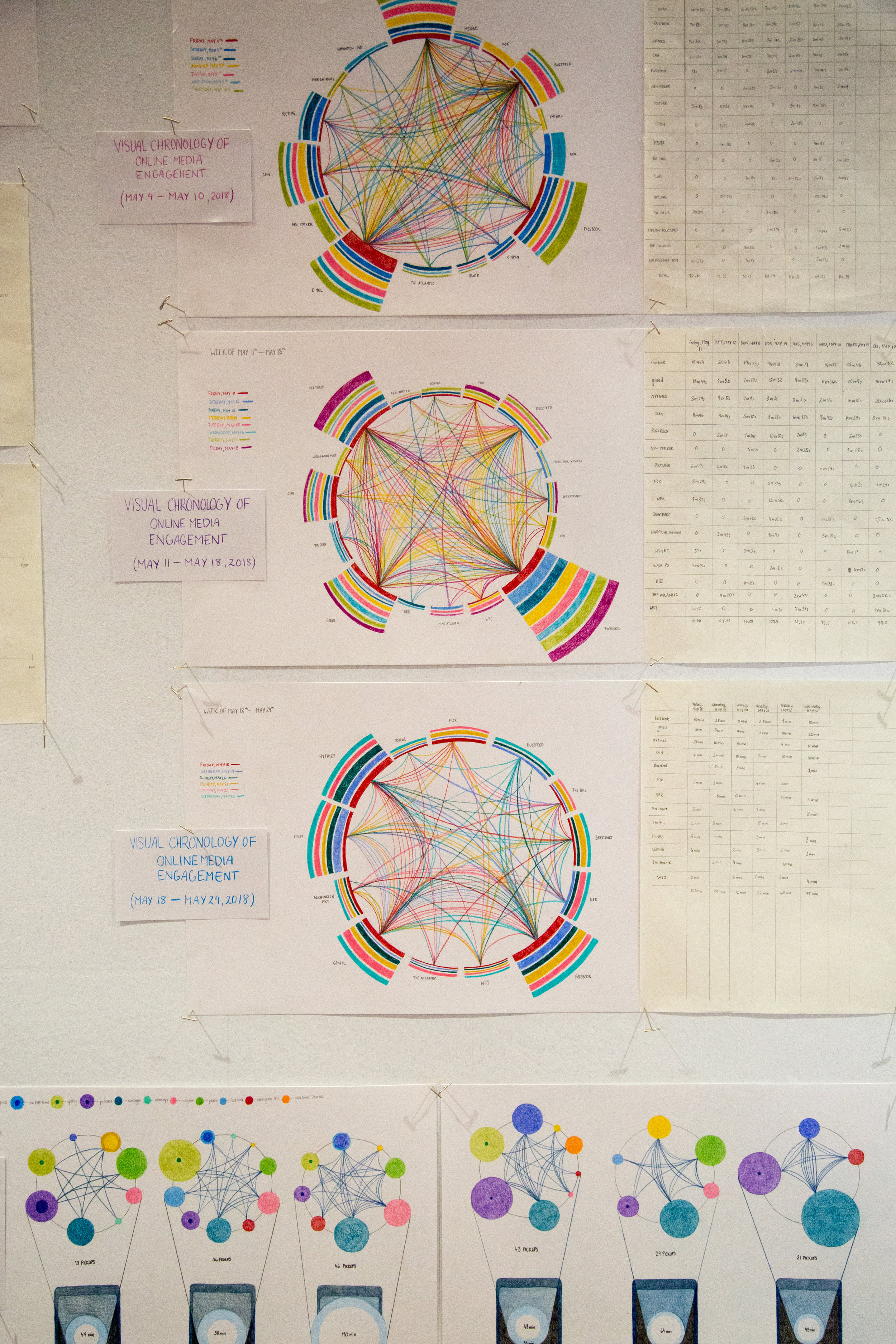PREVIOUS COURSES AND THE HISTORY OF THE CURRICULUM:
THE ARTISTS’ WORKING GROUPS
In the wake of the 2016 election, many artists found themselves feeling powerless and irrelevant. The Working Groups began to convene out of a sense of need for community and purpose during this time, and grew into an ongoing structured community of discourse, organization, resource-sharing, and production that helped numerous artists find a place in systems-building, culture-generation, and using their creative and intuitive intelligence in ways that pushed beyond only activism.
THE FRAMEWORK
Meet offline only - WG meetings require a discourse with rich interpersonal context, opposed to the subtextual vacuum of electronic communications
Emphasize artist’s capacities for anticipation
Tap into artist’s eclectic social networks
Recognize artist’s social and factional fluidity
Encourage artists to think systemically - connecting dots and studying cause and effect
Inquire into individual artist’s resources and knowledge bases, and compare them to the needs of problematic systems
AWG strategic communications experiments: 2017 Inauguration Confetti, and custom clothing by MAGAAACORE
In only a few months of meeting, the Working Groups have developed new cognitive frameworks to intervene in toxic or antidemocratic narratives in media and social media; culture jams such as politically discordant apparel design and protest-primed inauguration confetti; intervention and information-sharing in support of military and law enforcement concerned with potential complicity in unconstitutional orders; and training for effective discourse and debate in politics, social strife, and other asymmetrical power dynamics (Engage/Improvisational Rhetoric). Continuation of this framework will be a seedbed of innovative interventions and solutions, from which ideas can scale and be amplified for maximum impact.
RISD Social Equity and Inclusion Course: Artists’ Literacy Applied Research
The Artists Working Groups framework was adapted into a semester-long experimental course at the Rhode Island School of Design, as part of its inaugural Social Equity and Inclusion initiative. The goal of this interdisciplinary course was to guide student-participants from a range of disciplines into seeing their own work with new potential in engaging big, problematic systems, and learning how to design those engagements as artist-researchers who can bring rigor to their interventions.
IDENTIFYING AND INTERVENING IN SYSTEMS OF IMPLICIT BIAS, PREJUDICE, AND PERCEPTION USEING ARTIST'S KNOWLEDGE TYPES.
The first stage of this process was a study of knowledge itself and a critical inquiry into the forms of knowledge (and received wisdom, i.e. prejudice) that are embedded in the students' work. Artists - like scientists - can only build new bodies of humane knowledge if they first work to uncover their own biases and those of the contexts in which they work.
Beginning from each students’ own disciplinary practice, we learned modified social science methodologies, such as ethnographic coding and process-analysis that uncovers qualitative data about a given system - for example filmmakers can use film (narrative), sculptors can use form and material (spatio-personal dynamics), and the performance-inclined can use performance (interpersonal dynamics), etc. Students learned tools and techniques for analysis such as CAQDAS platforms and anthropology-of-art or methodologies of visual anthropology, and then designed collaborative interventions to counteract the biases uncovered.
Finally, students were guided in reflection and reevaluation of their role as artists in their local and global communities, and in recognizing and making the best use of their unique attributes of anticipatory and systemic thinking, social and factional fluidity, and possession of complementary intellectual and physical knowledge bases. This leads to vertical, tactical design for how a single knowledge-producing artist-researcher can connect to larger communities and social structures, and work toward truly reshaping society at scales large and small.
To view the archived course log, click here.
ALI INTERDISCIPLINARY WORKGROUP 01, Summer 2019
Our first interdisciplinary workgroup in our new space in Chelsea, Manhattan, this was a condensed 6-week seminar for artists in all disciplines and at all career stages to examine their practice and ways of knowing. Participants received their Class 1 Artists’ Literacies Certificate, and go on to sustained study in translating their art practice into an art-and-research practice, ultimately aiming for research engagements and new opportunities to affect change and cultural development. With each artist we discovered new forms of ‘qualitative data,’ such as Human Worth, Attunement, and Purpose, and began to build frameworks for measuring and mapping these qualities, and strategizing for how to share them meaningfully in contexts beyond the art world.























